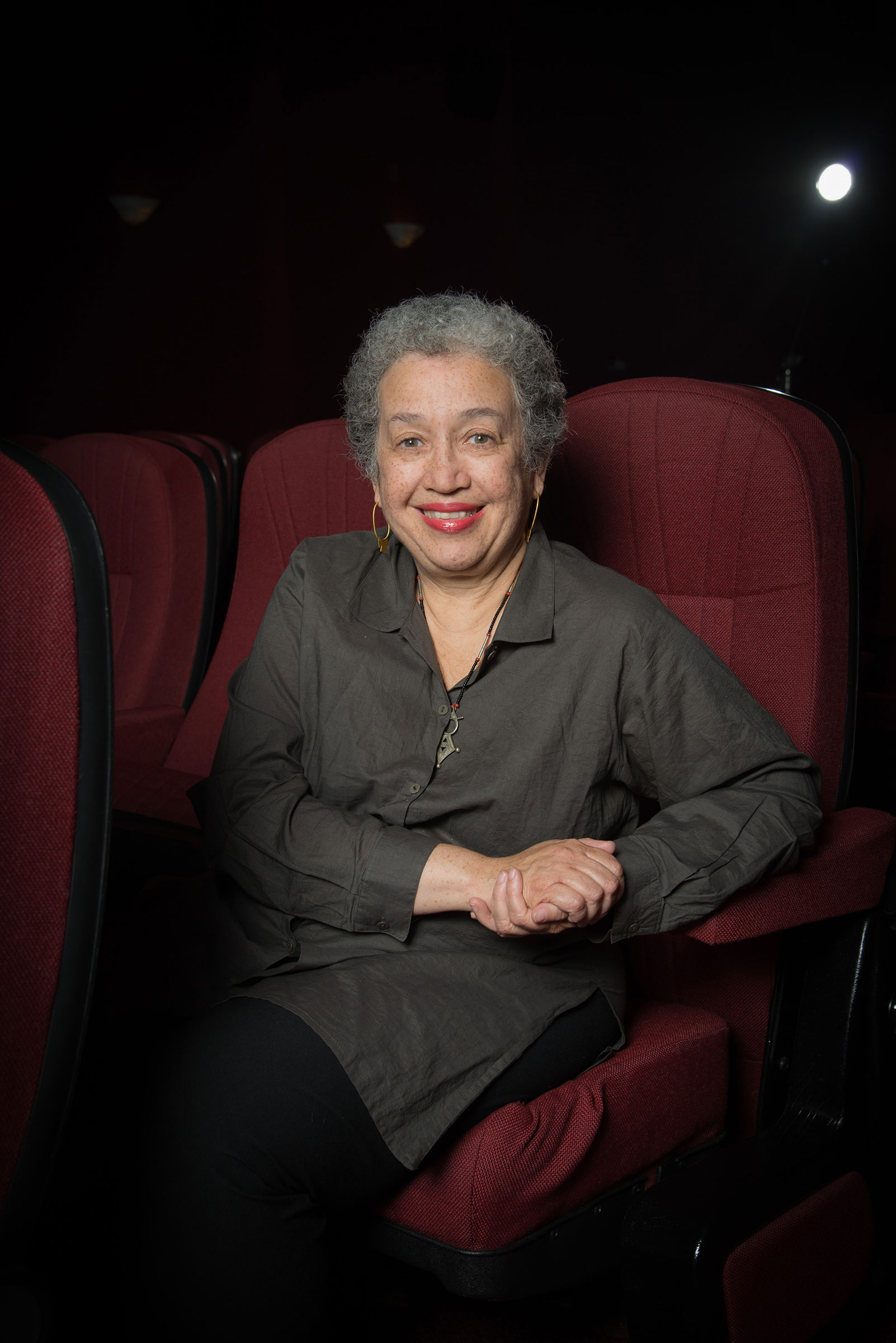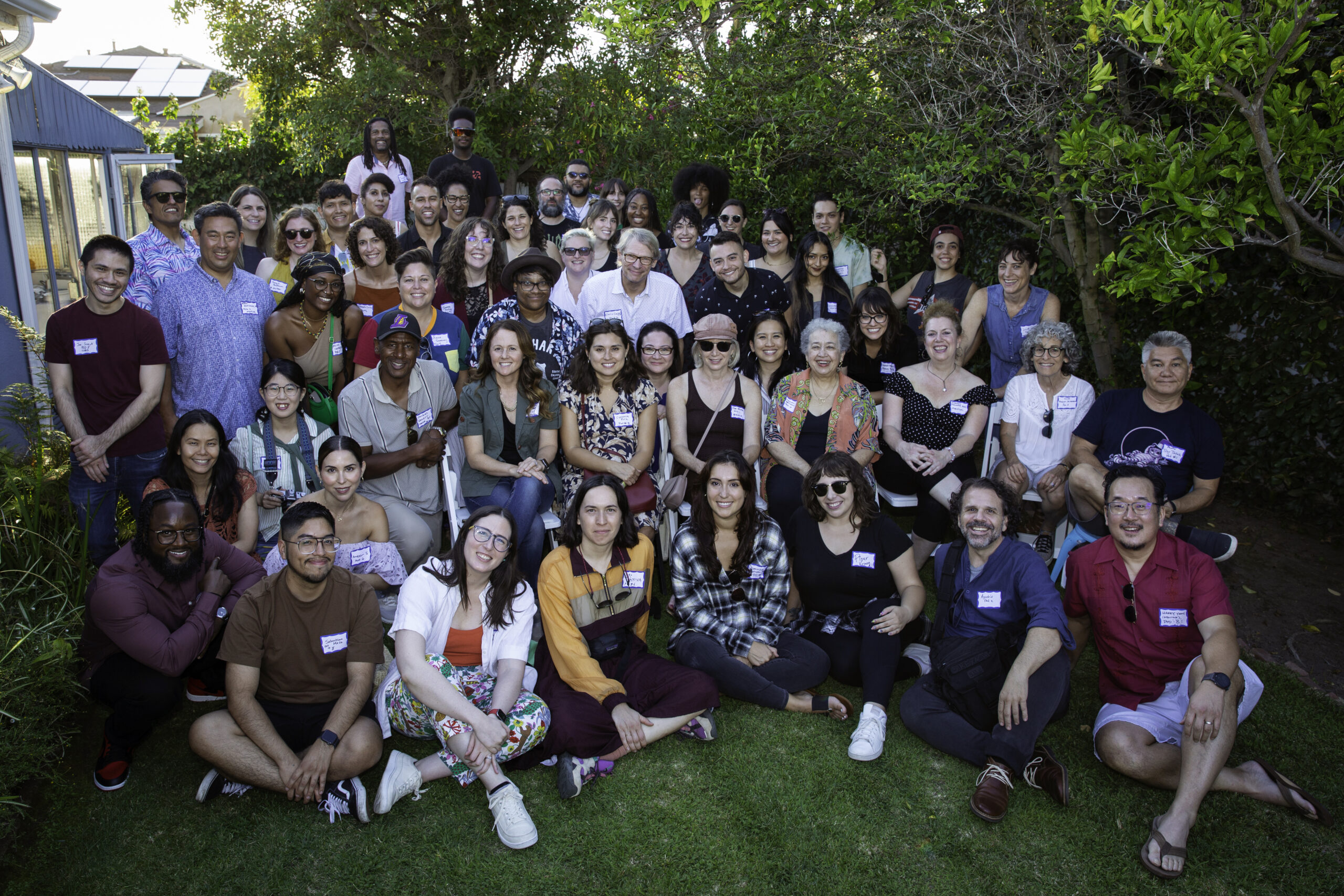After first connecting with Pratt’s Saturday Art School while growing up in the neighborhood, Lillian Benson enrolled as a student, setting herself off on a path toward becoming a trailblazing television, video, and feature film editor. She has gone on to edit Emmy-nominated and Peabody Award-winning films including Eyes on the Prize II (1990) and Get in the Way: The Journey of John Lewis (2015), teach at the University of Southern California, and serve as the first Black woman to be a member of the American Cinema Editors (ACE) honorary society. Having recently been appointed chair of ACE’s Diversity in Editing Mentorship Program, Benson holds rare insights into the necessity of supporting the next generation and what it takes to do that work.
What role has mentorship played in your career?
[In film] mentorship plays a critical role in learning how to do your job in post-production. I am a career film and TV editor, and our editing rooms traditionally are hierarchical—there is a direct chain of command. The entry-level person—the apprentice—learns from the assistant, who learns from the editor. Remember, during the Renaissance the great painters had apprentices, who painted cherubs in the corners as a way of learning. It’s the same principle.
Who was one influential figure for you at Pratt?
I was encouraged to explore filmmaking as a profession by my photography professor, Arthur Freed. He saw something in a series of photos of mine that prompted him to say, “you have the best sense of sequence I have ever seen.” I was a scholarship student, a commuter, and filmmaking was way beyond any concept I had for myself at the time. But the best mentors recognize the unrealized talent of an individual and encourage it.
I have been the beneficiary of this kind of support many times in my career—from the editor who helped me get my first job, to the editor who got me into the union, to the directors who hired me for my first two national PBS series, to the director who helped me move from documentaries into dramatic work. For whatever reason, they saw something in me, they invested in me, and I now return the favor and invest in others.

What has your work with the American Cinema Editors Diversity in Editing Mentorship Program taught you about mentorship?
The ACE Diversity in Editing Mentorship Program is entering its ninth year. We have 18 editors/mentors. Each year, we select 21 new mentees who are referred by ACE members. Anyone is eligible, but we try to encourage candidates from underrepresented communities. Most mentees are asked back for a second year.
As a person of color, I have always considered mentoring young people an obligation.
I was lucky that the person who taught me how to assist on fiction projects was the first African American supervising editor at any major New York network, CBS. There were things only he could teach me.
One challenge in finding a mentor is young people don’t realize how much effort it takes to be a mentor. And how much time is required. (I know I didn’t when I was coming up.) This can be challenging for people of color fewer of us are in this line of work.
All mentors know it takes time to do the work, but we also know that if we don’t there won’t be anybody coming up behind us.
What advice would you give fellow mentors on how to support emerging talent in film?
I try to speak the truth. That is my North Star. Try to speak to young people from your spirit to theirs.
